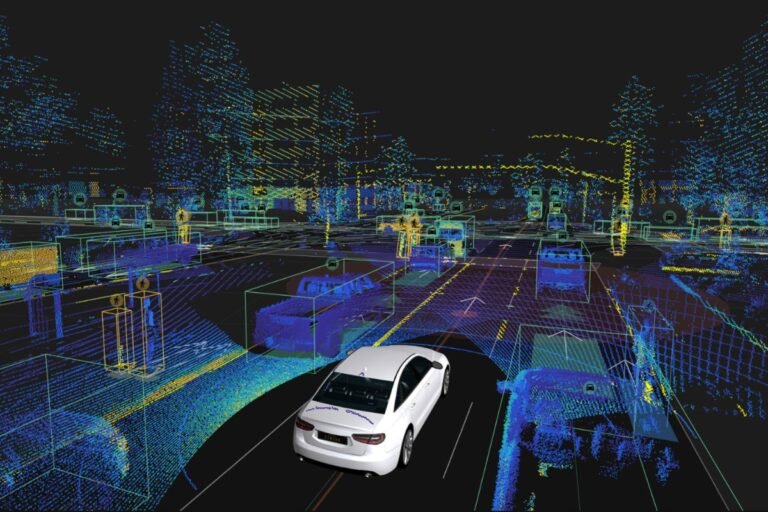Self-driving vehicle software company Applied Intuition has raised $250 million in a round that values the startup at $6 billion as it pushes to bring more artificial intelligence to the automotive, defense, construction and agriculture sectors.
The impressive funding round is the latest example of investment fervor for artificial intelligence. Applied Intuition seems to have found a particular sweet spot for VCs looking for startups with AI products that move into big industries with big budgets — defense is a hot area — with seemingly endless opportunities.
The Series E round was led by Lux Capital’s Bilal Zuberi, investor Elad Gil and Porsche Investments Management, the independent venture arm of the sports car maker. Others in the round included Andreessen Horowitz, Mary Meeker’s Bond development fund and even Formula 1 world champion Nico Rosberg. Lux Capital, Elad Gil and Andreessen Horowitz previously led funding rounds for Applied Intuition.
The new capital — all equity — will go toward funding “the most ambitious projects we have, without flooding the company and breaking our culture,” co-founder and CEO Qasar Younis told TechCrunch.
Founded in 2017, Applied Intuition creates software that automakers and others use to develop self-driving vehicle solutions. Some of this work includes creating simulations that allow customers to test and retest their vehicle’s perception and behavior systems, or helping them manage the data set involved in AV development.
“When they think, ‘I have this problem with software or artificial intelligence,’ generally we want them to think about us,” Younis said. “Like we want to be that first call.”
That approach seems to be working: The company claims to work with “18 of the top 20 automakers,” including General Motors (where Younis worked before his time at Google and Y Combinator), Toyota and Volkswagen; as well as autonomous vehicle startups such as Gatik, Motional and Kodiak. The company also has one contract with the Army and the Defense Innovation Unit.
Peter Ludwig, co-founder and CTO, told TechCrunch that he thinks it’s “risky for an automaker not to work with us in some ways because of the sheer complexity and impact of some of the technology we’re working on.”
The new round of funding comes at a time when autonomous vehicle development is facing renewed scrutiny, with GM-owned Cruise mired in multiple investigations surrounding a pedestrian accident late last year, Waymo’s first software recall (and a recent minor accident with a cyclist ), layoffs and other changes in the scope of some of the most ambitious projects in the space.
Appetite for AI, however, couldn’t be more bullish. Younis, in a statement, said incorporating more AI technology into its products “will exponentially accelerate the production of next-generation vehicles.”
That could mean a number of things, Younis told TechCrunch, including using artificial intelligence to help create more dynamic simulated environments for companies to test their autonomous vehicles. “Simulators, they’re extremely complex,” he said. “We have teams and teams of PhDs just sweating over this stuff all day.” Applied Intuition will work with some of the noisier technologies, such as large language models, Younis said, and “more speculative things that are closer to the research domain.”
“If you had a world-class AI team pointing out all the problems in the automotive industry, there’s a lot of low-hanging fruit,” Younis said.
